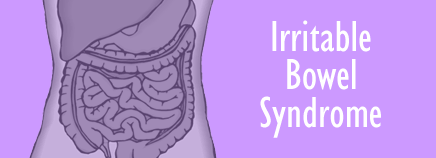Diarrhea, frequent loose and watery stool, is a common problem in elderly people and can become dangerous. It can lead to malnutrition, dehydration, weakness, and can even cause death.
Are the elderly more prone to getting diarrhea?
The elderly are more prone to getting viral and bacterial infections, which cause diarrhea, than people under 40. This is especially true of elderly patients in nursing homes or group homes. As we age, many commonly experience a weakening of the immune system.
What are some of the most common causes for diarrhea in the elderly?
Gastrointestinal viral infections are the most common causes of diarrhea; however, these viruses may also cause nausea, vomiting, fever, cramping, and headaches. The onset of symptoms usually occur one to two days following contact with the virus and may last as short as one day or as many as ten days. The most common gastrointestinal viruses are norovirus, rotavirus, adenovirus, sapovirus, and astrovirus. Rotavirus which is most commonly found in children may also infect older adults and the elderly. Rotavirus, like all gastrointestinal viruses, is highly contagious.
Diarrhea may have dietary causes. As people age, many develop lactose intolerance, the inability to digest lactase, the sugar in milk. This causes gas, bloating, nausea, vomiting, and/or diarrhea. Lactase is found in all dairy products (including whipped cream, cream cheese, cream, milk, sour cream, and cheese).
Many prescription medications affect the digestive system. Several of these cause diarrhea. These medications include medicines used to treat heartburn and stomach ulcers, NSAIDs used to treat pain and arthritis, such as ibuprofen and naproxen, antacids, antibiotics and others medications. Herbal teas, some vitamins, and other supplements may also cause diarrhea.
Chronic diseases such as diabetes and crohn’s may cause chronic diarrhea. Diabetics are may develop autonomic neuropathy, which damages the nerves. Diabetic diarrhea usually occurs at night and is associated with fecal incontinence. Crohn’s disease causes a person’s immune system to attack their intestinal track.
Bacterial infections cause inflammation of the stomach and intestines. This is caused by ingesting contaminated food or water. E. coli and salmonella are the two most well know gastrointestinal bacterial infections. All of these infections cause diarrhea but they may also cause nausea, vomiting, abdominal pain, bloody stool, and loss of appetite.
Irritable bowel syndrome (IBS) is diagnosed primarily by its symptoms, which include recurring diarrhea or constipation. The cause of IBS is still unknown.
Parasitic infections cause a wide range of symptoms; however, diarrhea is a common symptom. If a doctor suspects parasites a stool sample is often used to confirm the suspicion.
Determining the cause of diarrhea is often the key to finding relief from and treating diarrhea.


